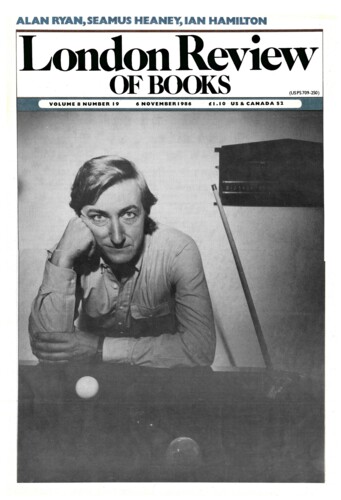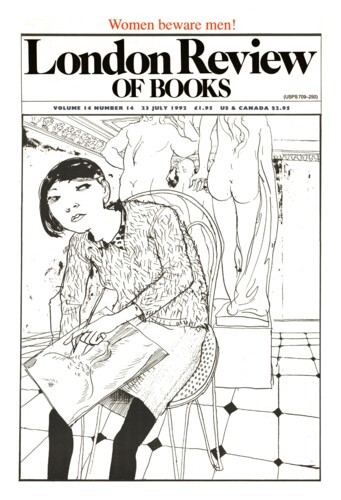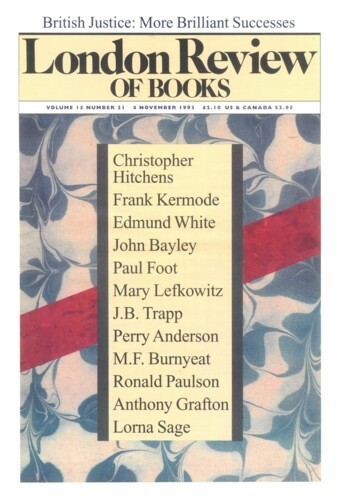Good Repute
M.F. Burnyeat, 6 November 1986
‘Aristotle and Plato’, ‘Plato and Aristotle’ – the coupling of names is something we take for granted. They are the two giants of ancient philosophy, are they not, and who but Kant among later philosophers deserves to rank as high as they? Yet Aristotle’s greatness was not always so visible.’




